Ep. 44: Black Liberation: My Journey out of White Evangelicalism w/ Dante Stewart
Show Notes
Episode Summary
Leaving white evangelicalism is one thing. Leaving white spaces and white theology is quite another. Writer and activist Dante Stewart joins us today to discuss his new book Shoutin In the Fire: An American Epistle. and how he escaped slaveholder religion in his quest to uncover the heart of Christianity. His journey as a black, Christian, American out of predominantly white spaces offers a path forward for all of us who are longing for liberation from the oppressive subculture that is American evangelicalism. Drawing on the stories of his youth, black literature, and black theology, Dante invites us to do the necessary work of deconstructing and even decentering white voices, white spaces, white theology, and white exceptionalism. He shares his own struggles with the trauma and loss of identity when he fled evangelicalism in search of a freer faith. Stewart draws from the black voices like Toni Morrison, James Cone, James Baldwin, and Maya Angelou to show us a better future, one free from oppression, domination, and the dehumanizing aspects of white supremacy. There is another way of being Christian that has nothing, absolutely nothing to do with white evangelicalism and Stewart shows us the Way. He also gives us a glimpse into his writing style and process, as he continues to find his voice and hone his craft as an artist. He asks us to reclaim and reimagine spiritual virtues like rage, resilience, and remembrance—and explores how these virtues might function as a work of love against an unjust, unloving world.
Bio
Danté Stewart is author of Shoutin’ In The Fire: An American Epistle. Named by Religion News Service as one of “Ten Up-And-Coming Faith Influencers”, he is a writer and speaker whose voice has been featured on The New York Times, The Washington Post, ESPN’s The Undefeated, Sojourners, and more. As an up and coming voice, he writes and speaks into the areas of race, religion, and politics.
He received his B.A. in Sociology from Clemson University. He is currently studying at the Candler School of Theology at Emory University in Atlanta, Ga.
Quotables
“Yo, like, white people need to kinda handle the issue of racism and leave me out of it…And how do you deal with it apart from me having to be in your presence.”
“For me, Shoutin in the Fire is a reflection and inspiration of (James Baldwin’s) The Fire Next Time.”
“Shoutin in the Fire is first and foremost a reflection and an argument for black futures, that we have survived fires.”
“Rarely do we consider how race and religion are so tied together in our lived experiences.”
“My little story is an epistle, a message about what this country does to us and what we do to ourselves.”
“White people don’t know how to collectively talk about what it means to view another human being as nothing or as only one thing.”
“Oftentimes the presence of black people in those conversations (about race) is a way for white people to evade how terrible white people view themselves and how terrible they view other people.”
“It is a profound neurosis, you have a serious problem, if in order for you to feel like somebody then somebody else must be kneeling down.”
“What I can control is what I think about myself.”
“The ability to have self-love and self-respect is the ability to mature…I don’t live at the mercy of white people’s limited imaginations or their value system.”
“When you have no reason or desire to change, then any type of thing that someone comes to you with, if it is useful you will exploit it, but if it is stressful, you will evade it.”
“Sadly, when those in ya’ll position leave those places there is nowhere for you to go because you have been so discipled to believe there are no alternatives to whiteness.”
“When they leave conservative white spaces, they go through this long year after year after year after year experience of a wilderness…and so often it is disorienting not simply because of the trauma that is wrapped up in the distrust of a community that harms and hurts you, but oftentimes it is disorienting because you don’t know where to go.”
“Oftentimes the process (deconstruction) is disorienting as well because white people has been so discipled and socialized that the only people that can only offer them something is somebody white.”
“You get young white progressives that leave conservative spaces but don’t leave whiteness.”
“One of the reasons why people struggle so much is because their worlds are white, and your world is upended…And the process of rebuilding a new world is a very hard, hard process.”
“Leaving white evangelicalism was disorienting as hell.”
Timestamps and References
[02:58]—Rapid Fire questions for Dante
[10:14]—On the writing process and finding creativity in writing
[18:10]—What does it mean to Shout into the Fire?
[28:50]—Dealing with racial stereotypes and viewing another human being as just one thing
[31:10]—The theological justification for racial injustice
[35:10]—Why white people need to do their own work as it relates to race and justice
[37:00]—White people in white spaces embracing white theology
[41:45]—Leaving white evangelicalism
[44:40]—Turning to blackness as a way of learning and growing.
[47:48]—Why white evangelicals attack Critical Race Theory
[51:15]—Being Black, Christian, and American
Please follow us on social media (use the buttons below) and help us get the word out! (Also, please don’t hesitate to use any of these channels or email to contact us with any questions, concerns, or feedback.)
Support Us on Patreon
And get access to every episode 5 days early! In addition, your financial support gives us the time we need to be able to create and produce amazing content, including Patreon-exclusive content. Please consider joining our team of patrons by clicking the button below. Thank you!
If you prefer just giving with no strings attached, you can also just buy us a coffee! Any amount helps us cover the costs of creating this show.
Credits
This episode was produced by The Sophia Society. Music is by Faith in Foxholes.

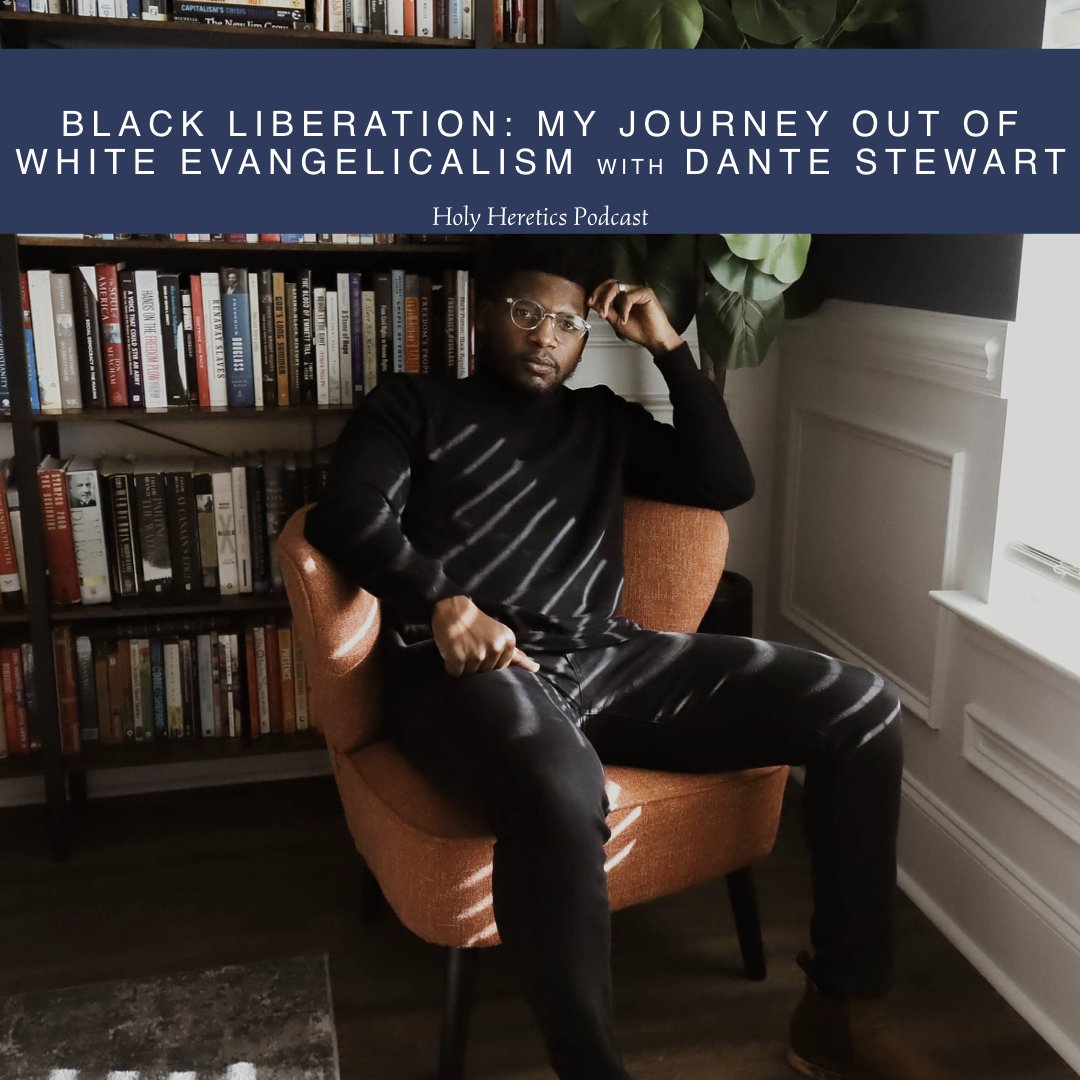
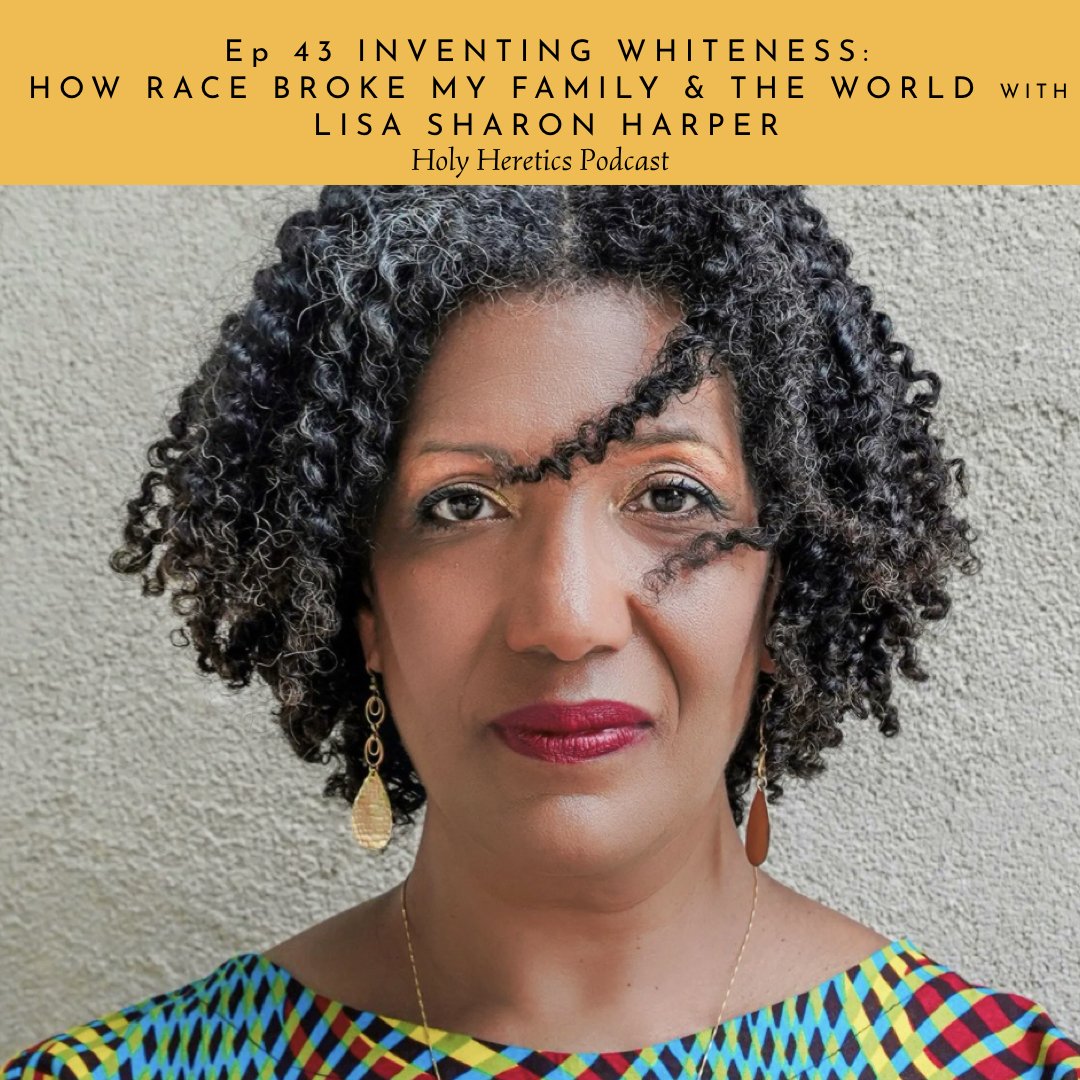
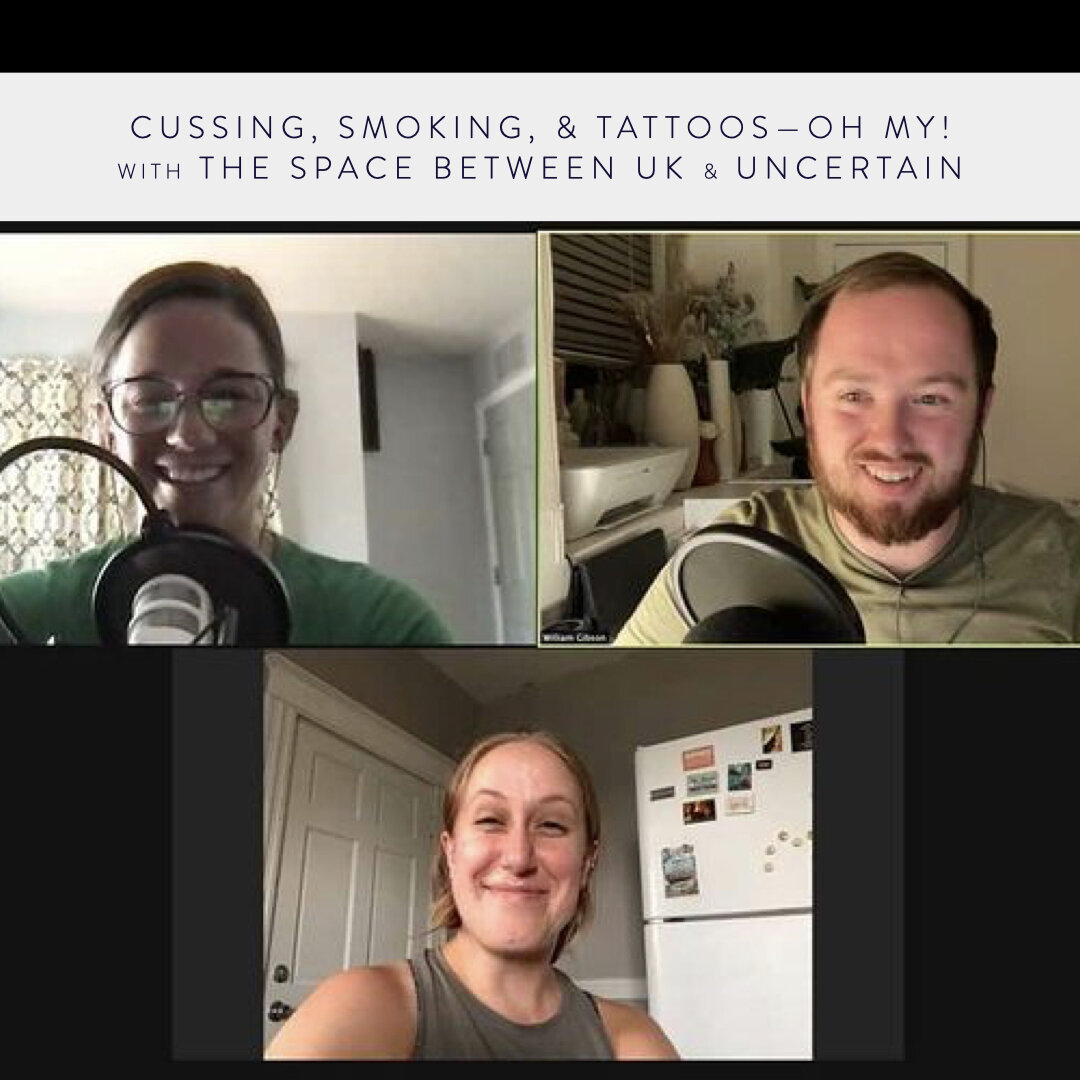
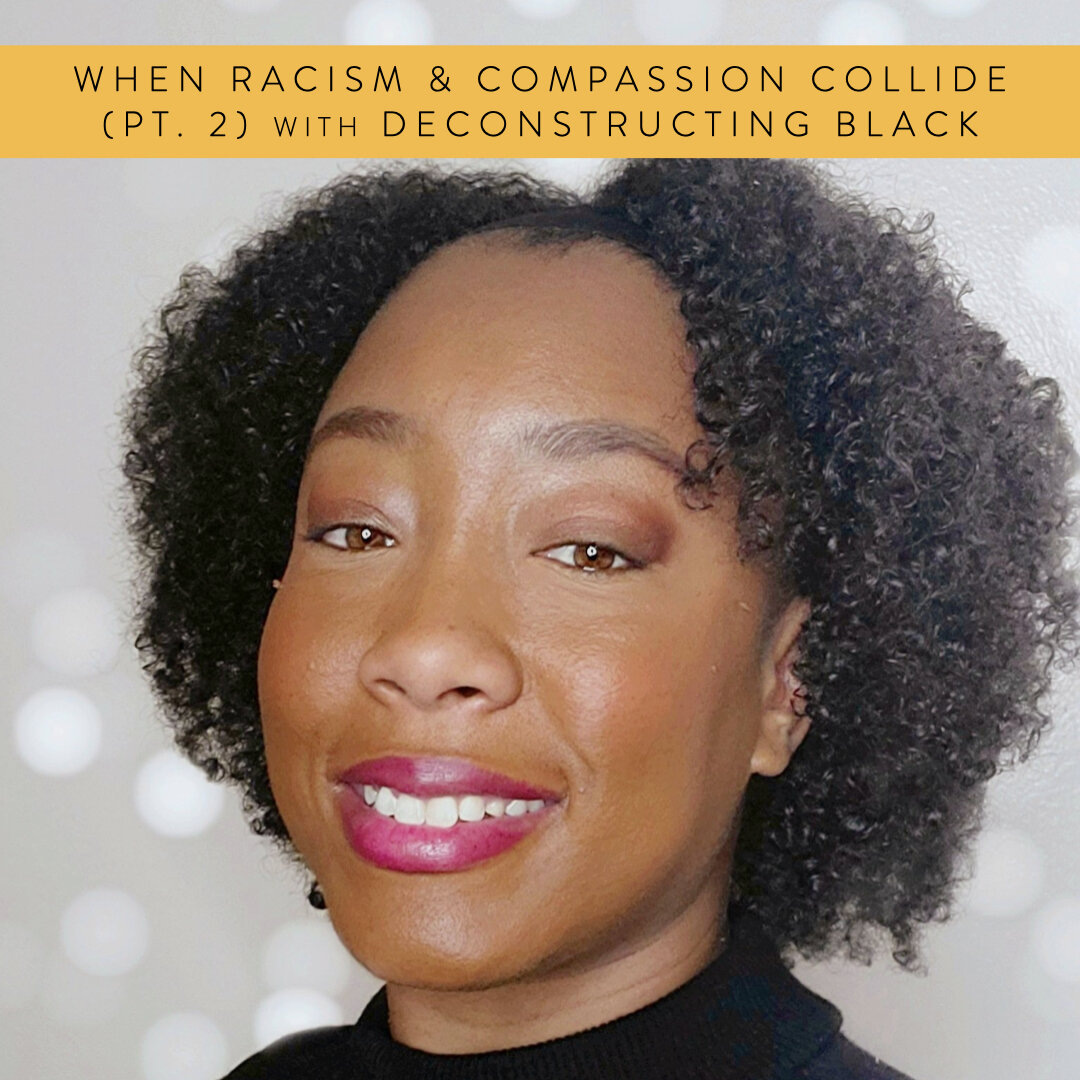
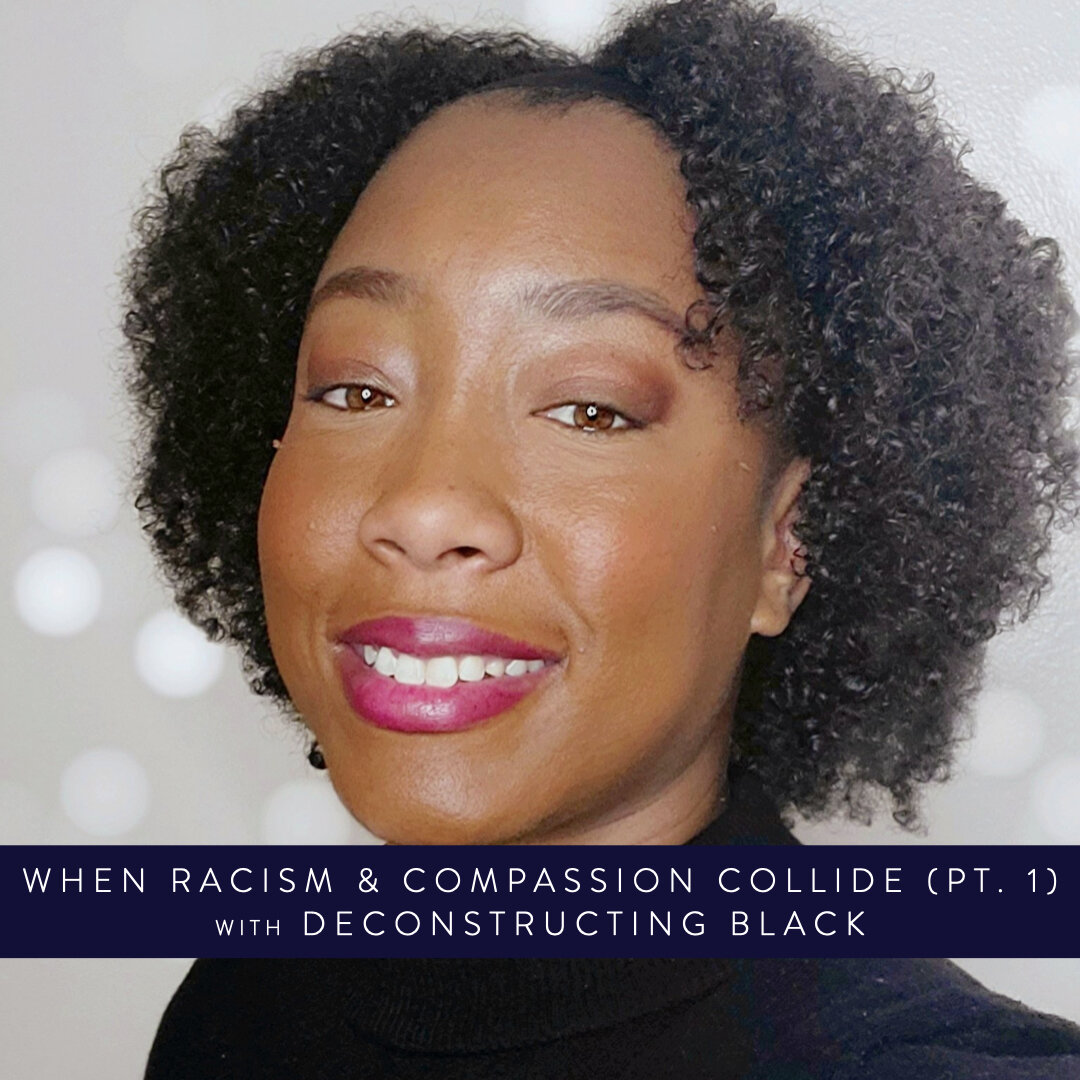
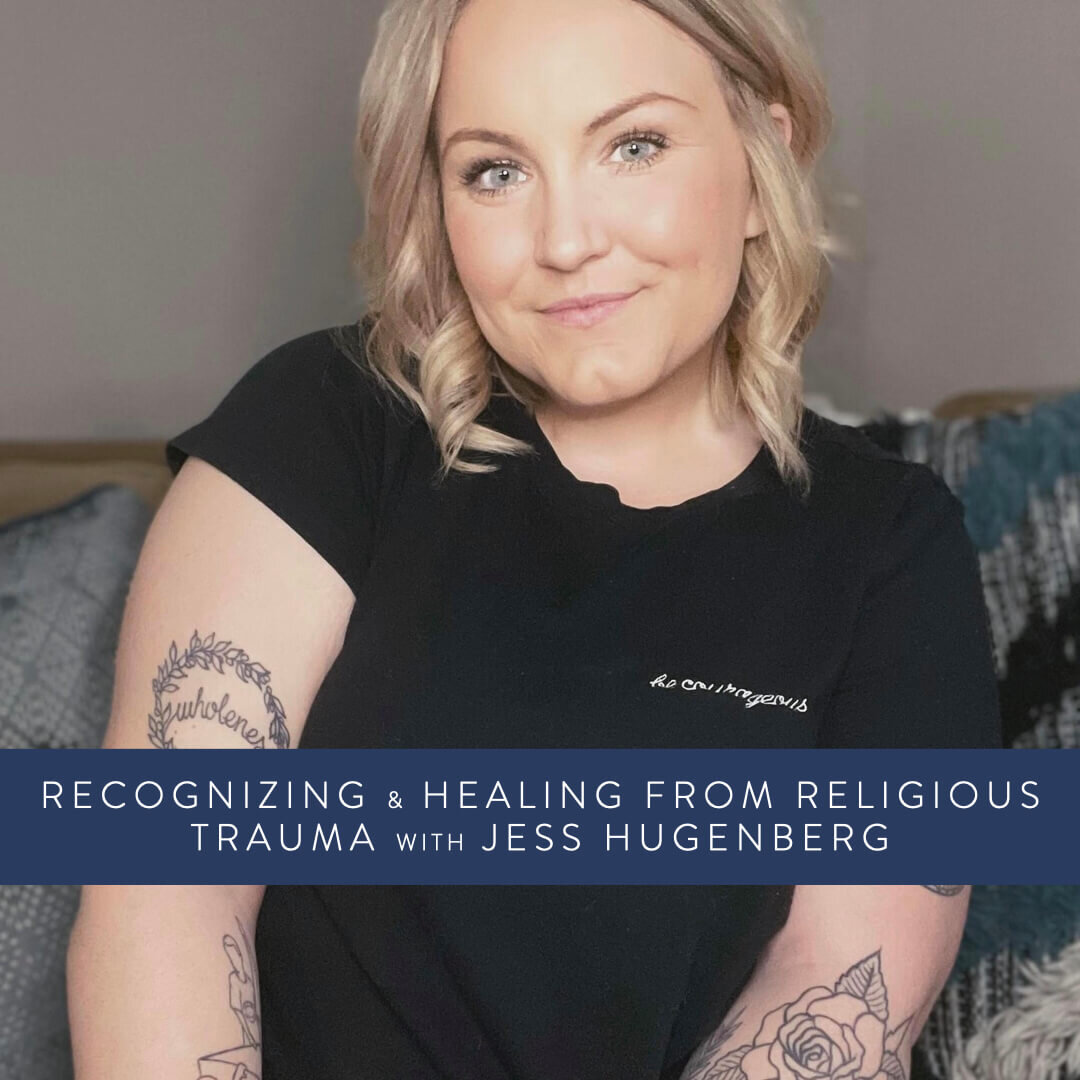
It’s scary to see how whitemalegod has poisoned so much of global Christianity.